EFT for Skin Problems: Holistic Healing

In this article, you will learn how to resolve skin problems and get that radiant skin through the transformative power of Emotional Freedom Techniques (EFT). You will also understand why skin problems occur at its root and discover the rejuvenating effects of EFT Tapping and how it goes beyond surface-level solutions, offering a holistic approach to natural beauty.
FUNCTIONS OF THE SKIN | WHAT ARE SOME COMMON SKIN-RELATED PROBLEMS OR DISEASES | RARE TYPES OF SKIN DISEASES | WHAT ARE THE CAUSES OF SKIN PROBLEMS OR DISEASES | WHAT ARE THE COMMON SYMPTOMS OF SKIN DISEASES | PSYCHOSOCIAL IMPACT OF SKIN PROBLEMS | MANAGEMENT AND TREATMENT OF SKIN DISEASES | SKIN FLARE-UPS | EMOTIONAL FREEDOM TECHNIQUES (EFT) TO HEAL AND CURE SKIN-RELATED ISSUES | STEPS TO TACKLE SKIN-RELATED PROBLEMS WITH EFT TAPPING TECHNIQUE | CONCLUSION
Ah! The skin is your body's fabulous outerwear, the first thing the world sees.
It is like a storyteller, revealing tales of your inner well-being.
Skin is that amazing outer layer that protects you every day. From the moment you're born, it becomes your faithful companion, protecting you from the world's elements and being witness to your every laughter, tear, and adventure.
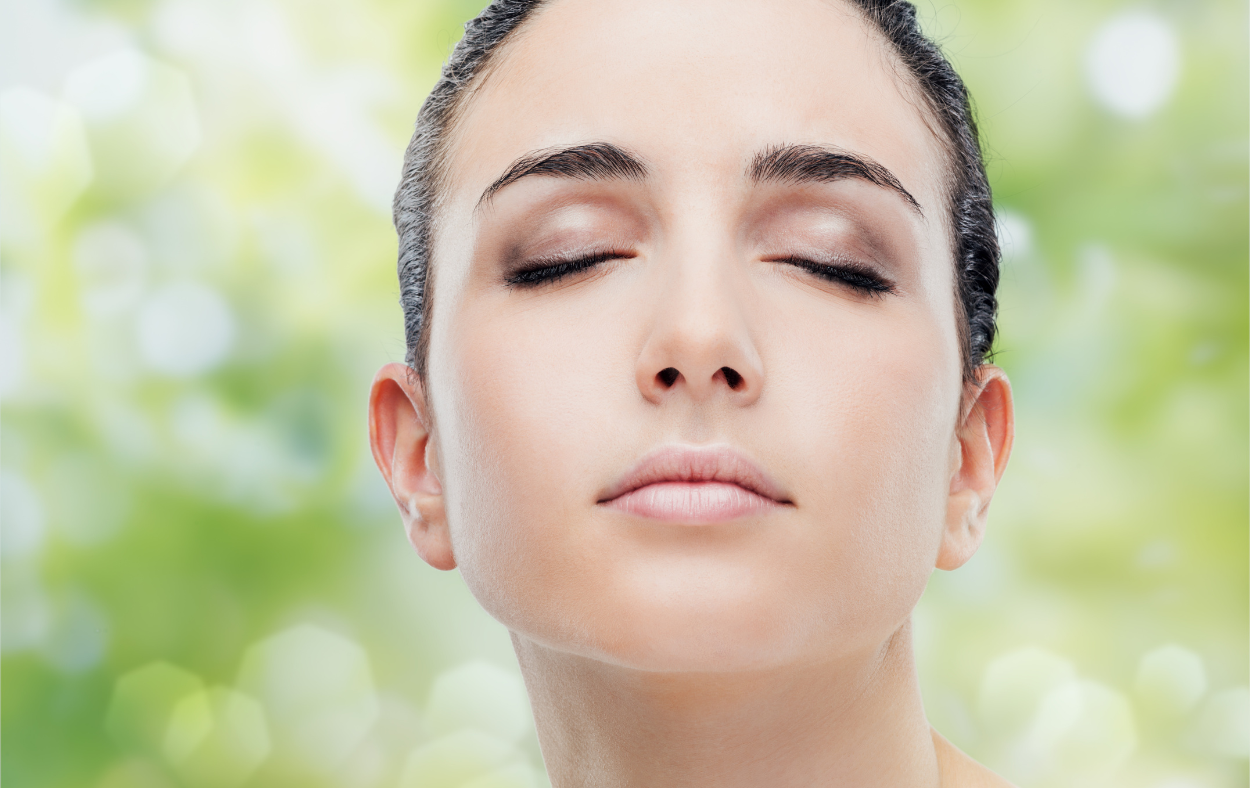
Your relationship with your skin is a lifelong journey, one that is filled with highs and lows, twists and turns.
There are moments when you marvel at its resilience and beauty, and others when you feel frustrated by its quirks and imperfections. The reason is your skin reflects not only your physical health but also your emotional well-being, serving as a mirror to your inner world. However, have you ever thought about how you treat it?
Well, there are basically two ways you tend to relate to your skin, and only one of them is really good for keeping it healthy and glowing.

The first one is Ignorance.
Sometimes you might just ignore your skin altogether and there could be several reasons. It could be either your hectic schedule or very little idea about the skincare regime or simply you might think, “If it looks fine, why bother, right?”
But just like ignoring your teeth can lead to cavities, neglecting your skin can cause problems down the line. Skipping basics like a skincare schedule or not protecting or cleansing it properly can lead to sun damage, breakouts, or irritation.
The second way is, respecting your skin.
Now, here's where things get interesting, the respect approach. This is where you treat your skin like a friend, not a stranger. It's all about listening to what your skin needs and giving it the care it deserves.

Instead of imposing your ideas on it, or not paying any heed towards its needs, here you pay attention to the signs it's giving you and respond accordingly.
Functions of the skin
The skin does a lot for your body! Here's how it helps us out:
- Protection: The skin acts like a shield against germs, blocks harmful sun rays, and protects you from bumps and scratches.
- Retain water in your body: Hold in fluid and prevent dehydration.
- Feeling sensations: It helps you feel things like pain, hot or cold temperatures, and even gentle touches.
- Flexibility: Your skin lets you move smoothly and comfortably.
- Endocrine activity: in the skin triggers the production of Vitamin D, crucial for calcium absorption and bone health. This process helps regulate your body's calcium levels, ensuring strong bones and proper metabolism. Essentially, your skin acts as a vital player in maintaining your overall health and well-being.
- Exocrine activity: in the skin involves the release of substances like sweat, sebum, and pheromones, essential for skin health and protection. These secretions help regulate body temperature, moisturise the skin, and ward off harmful germs, contributing to overall well-being. In essence, the skin's exocrine function plays a crucial role in maintaining a healthy and balanced external environment for the body.
- Staying just right: Your skin helps to maintain the right temperature and keeps your body balanced with water and other stuff you need to stay healthy.
So, if you've been neglecting your skin, it's time for a change. Start by taking small steps towards skin protection, care, and nurture. By adopting a respectful approach, you can understand and build a happier, healthier relationship with your skin. Do listen to what your skin is conveying because it's the beautiful shield you‘ve got!
Apart from a muddled lifestyle that causes minor skin issues, stress, and emotional distress are the factors that can contribute to the development or exacerbation of skin diseases or major skin problems. Psychological factors such as stress, anxiety, depression, or trauma can influence the immune system, hormonal balance, and inflammatory responses in the body, potentially triggering or worsening skin conditions.
Well, if there are problems, solutions also exist. Undergoing some conventional treatments can help you to overcome skin problems but sometimes there are cases when even medical treatments do not show the optimum results.
In such a scenario, a holistic approach like the Emotional Freedom Technique or EFT Tapping for skin problems from an alternative medicine branch can also help and support the healing journey because it believes in tackling and working on the root cause rather than just treating the surface level symptoms.
What are some common skin-related problems or diseases?
Skin problems or skin diseases are issues that affect the skin. These problems can range from mild to severe and can affect people of all ages. Some common skin problems include acne, eczema, psoriasis, and dermatitis.
These conditions have varied symptoms and can be caused by a variety of factors, including genetics, hormones, allergies, infections, and environmental factors like sun exposure or harsh chemicals.
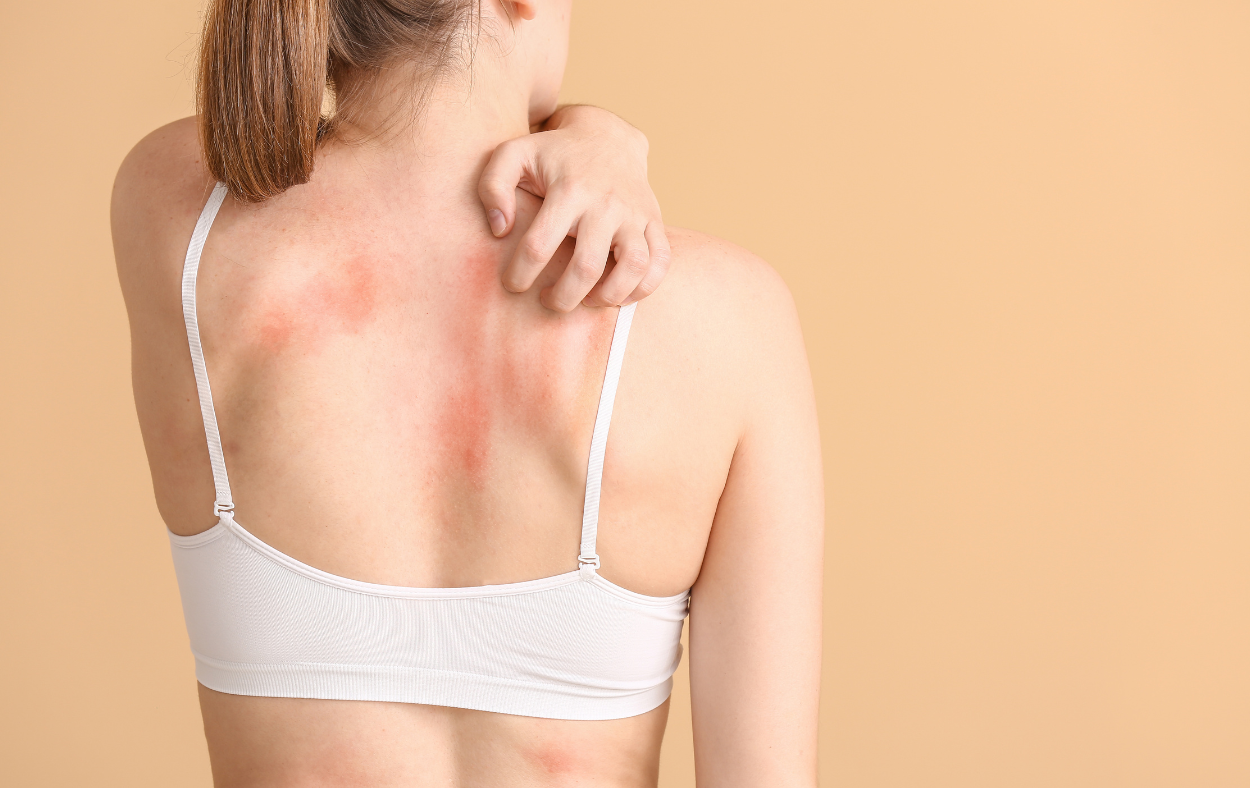
Here are a few common skin complications you must know:
- Acne: Caused by blocked skin follicles, leading to the buildup of oil, bacteria, and dead skin in pores.
- Alopecia Areata: Results in hair loss in small patches on the scalp or body.
- Atopic Dermatitis (Eczema): Characterised by dry, itchy skin, often leading to swelling, cracking, or scaliness.
- Psoriasis: Presents as scaly skin patches that may swell or feel hot.
- Raynaud’s Phenomenon: Causes periodic reduced blood flow to fingers, toes, or other body parts, resulting in numbness or changes in skin colour.
- Rosacea: Manifests as flushed, thickened skin and pimples, typically on the face.
- Skin Cancer: Occurs due to the uncontrolled growth of abnormal skin cells.
- Vitiligo: Causes patches of skin to lose pigment, resulting in lighter areas on the skin.
few rare types of skin diseases
Some skin diseases are rare and genetic, meaning they're passed down through families.
Here are a few examples:
1.
Actinic Prurigo (AP):
Causes an itchy rash when exposed to sunlight.
2.
Argyria:
Results in changes in skin colour due to a buildup of silver in the body.
3.
Chromhidrosis:
Leads to sweat that is coloured rather than clear.
4.
Epidermolysis Bullosa:
A disorder of connective tissue causing fragile skin prone to blistering and tearing.
5.
Harlequin Ichthyosis:
Presents as thick, hard patches or plates on the skin from birth.
6.
Lamellar Ichthyosis:
Characterised by a waxy skin layer that sheds, revealing scaly, red skin in infancy.
7.
Necrobiosis Lipoidica:
Causes a rash on the lower legs that may develop into ulcers or sores.
Treatment for skin problems often involves medication, topical creams or ointments, lifestyle changes, and sometimes, medical procedures. It's important to seek advice from a healthcare professional if you're experiencing persistent or severe skin issues.
What are the causes of skin problems or diseases?
Skin problems or diseases can have various causes, including:
1.
Genetics:
Many skin conditions have a genetic component, meaning they can be inherited from one or both parents.
2.
Hormonal changes:
Fluctuations in hormone levels, such as during puberty, pregnancy, or menopause, can trigger skin issues like acne or eczema.
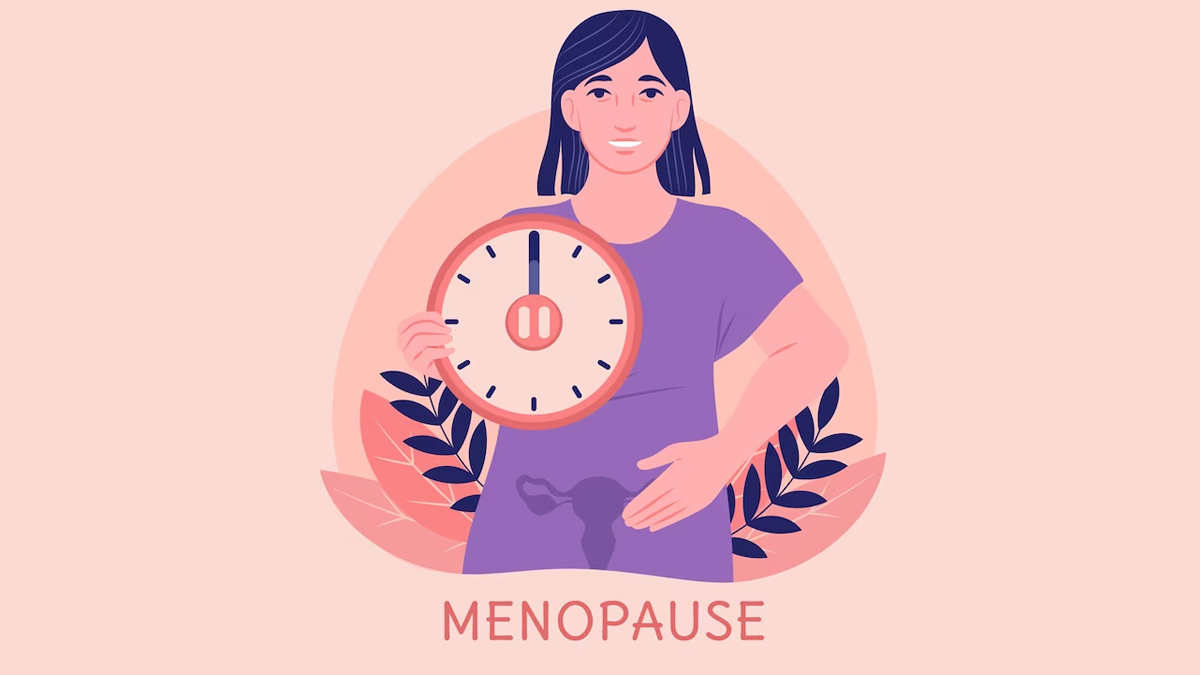
3.
Environmental factors:
Exposure to harsh chemicals, pollutants, allergens, or extreme weather conditions can irritate the skin and lead to problems.
4.
Infections:
Bacterial, viral, fungal, or parasitic infections can cause skin diseases such as cellulitis, warts, ringworm, or scabies.
5.
Autoimmune disorders:
Conditions where the immune system mistakenly attacks healthy skin cells, resulting in diseases like psoriasis, lupus, or scleroderma.
6.
Allergies:
Allergic reactions to certain foods, medications, or substances like latex or nickel can manifest as skin problems such as hives or contact dermatitis.
7.
Lifestyle factors:
Poor diet, lack of exercise, stress, smoking, excessive sun exposure, and inadequate skincare routines can contribute to the development of skin issues.
8.
Trauma or Injury:
Physical trauma, burns, cuts, or wounds can damage the skin and increase the risk of infection or other complications.
9.
Underlying Health Conditions:
Certain medical conditions like diabetes, kidney disease, or liver disorders can affect the skin's health and contribute to the development of skin problems.
It's essential to identify the underlying cause of a skin problem to effectively manage and treat it.
What are the common symptoms of skin diseases?
Skin problems or diseases can present with a range of symptoms, including rashes, itching, dryness, pain, blisters, swelling, ulcers, bleeding, thickened skin, changes in pigmentation, hair loss, Changes in the appearance or texture of nails, such as thickening, discoloration, or brittleness., sensitivity to touch, and systemic symptoms like fever or malaise.
These symptoms may vary depending on the specific condition and can affect different areas of the body. Seeking medical advice is essential if you experience persistent or concerning symptoms related to your skin, as proper evaluation and treatment are crucial for managing skin issues effectively.
Psychosocial Impact of Skin Problems
Skin problems can have many negative psychosocial impacts, affecting individuals' emotional well-being, self-esteem, and social interactions.
Visible or chronic skin conditions may lead to feelings of embarrassment, frustration, and anxiety, contributing to low self-esteem and social withdrawal.
Stigmatisation and discrimination from society can intensify these feelings, leading to challenges in interpersonal relationships and professional settings.
Skin problems may also contribute to psychological conditions such as depression and anxiety disorders.
Recognising and addressing the psychosocial impact of skin problems is essential for providing comprehensive care and support to individuals affected by these conditions.
Management and Treatment of Skin Diseases
Skin diseases or problems can be treated using various approaches depending on the specific condition and its severity. Some common treatment options include:
1.
Topical medications:
Creams, ointments, or lotions containing active ingredients such as corticosteroids, antibiotics, retinoids, or antifungals can be applied directly to the affected area to reduce inflammation, fight infection, or promote healing.
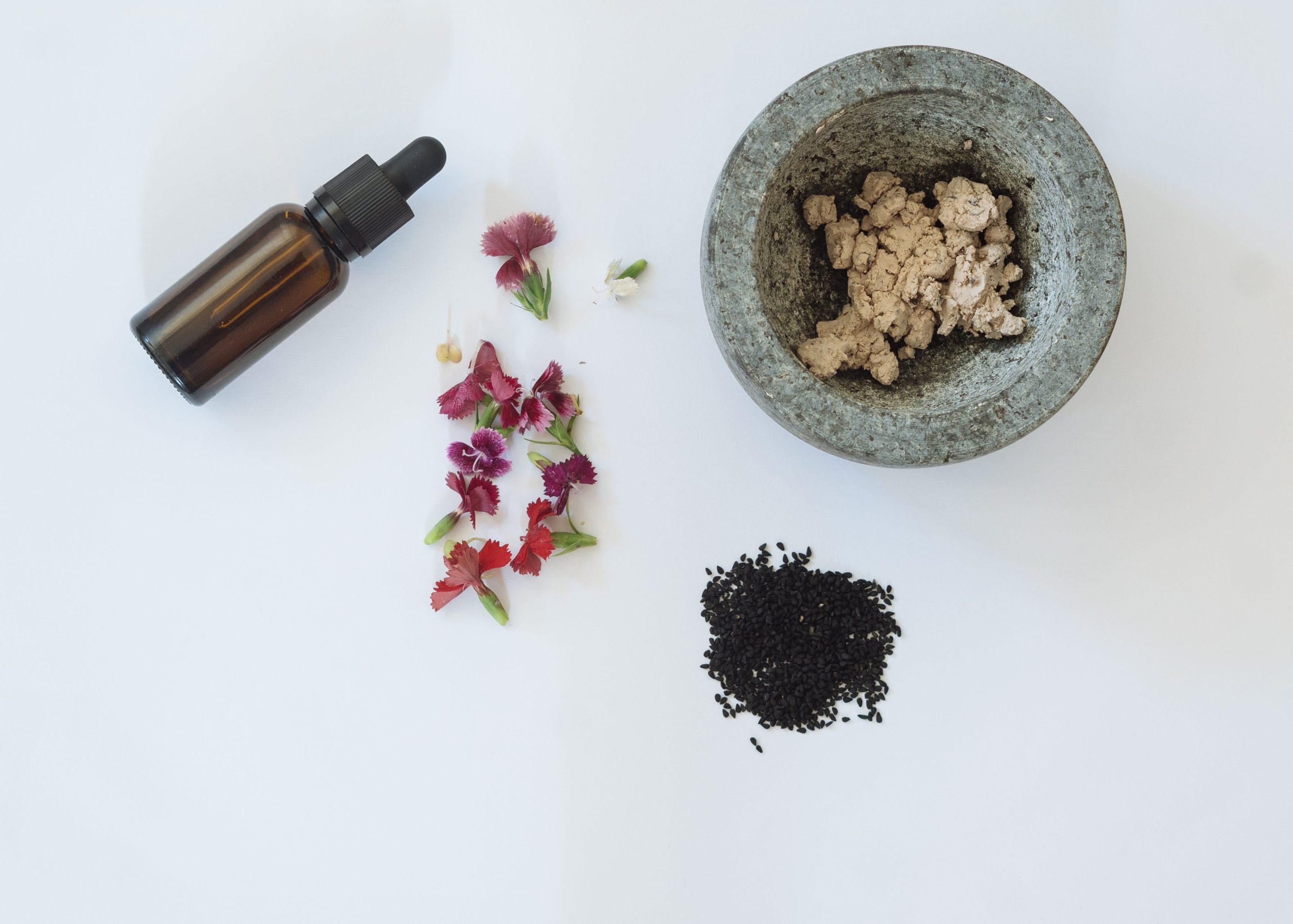
2.
Oral medications:
In some cases, oral medications such as antibiotics, antifungals, antihistamines, or immunosuppressants may be prescribed to address underlying causes or manage symptoms of skin diseases.
3.
Phototherapy:
Phototherapy involves exposing the skin to specific wavelengths of ultraviolet (UV) light, either natural sunlight or artificial light, to reduce inflammation, suppress immune responses, or treat conditions such as psoriasis, eczema, or vitiligo.
4.
Lifestyle modifications:
Making changes to lifestyle factors such as diet, stress management, skincare routines, and avoiding triggers like allergens or irritants can help manage and prevent flare-ups of certain skin conditions.
5.
Surgical procedures:
Surgical interventions such as excision, cryotherapy, laser therapy, or skin grafting may be necessary for removing lesions, treating scars, or addressing structural abnormalities caused by skin diseases.
6.
Complementary and alternative therapies:
Some individuals may find relief from skin problems through complementary therapies such as acupuncture, herbal supplements, aromatherapy, or homoeopathy, although evidence for their effectiveness varies.
7.
Psychological support:
Addressing the psychosocial impact of skin diseases through counselling, support groups, or psychotherapy can be essential for promoting emotional well-being and coping with the challenges of living with a chronic skin condition.
Skin flare-ups
With the aid of the above-mentioned conventional treatments and prevention methods skin diseases can be resolved but not all skin disorders respond to treatment. Whereas some conditions go away without treatment.
Many times, problems can recur for several reasons, even after receiving treatment. Certain factors or triggers can intensify skin diseases, leading to recurrence.
These triggers may include stress leading to hormonal fluctuations ultimately showing up the symptoms again because the root does not lie in skin but somewhere deep amid unresolved emotions.
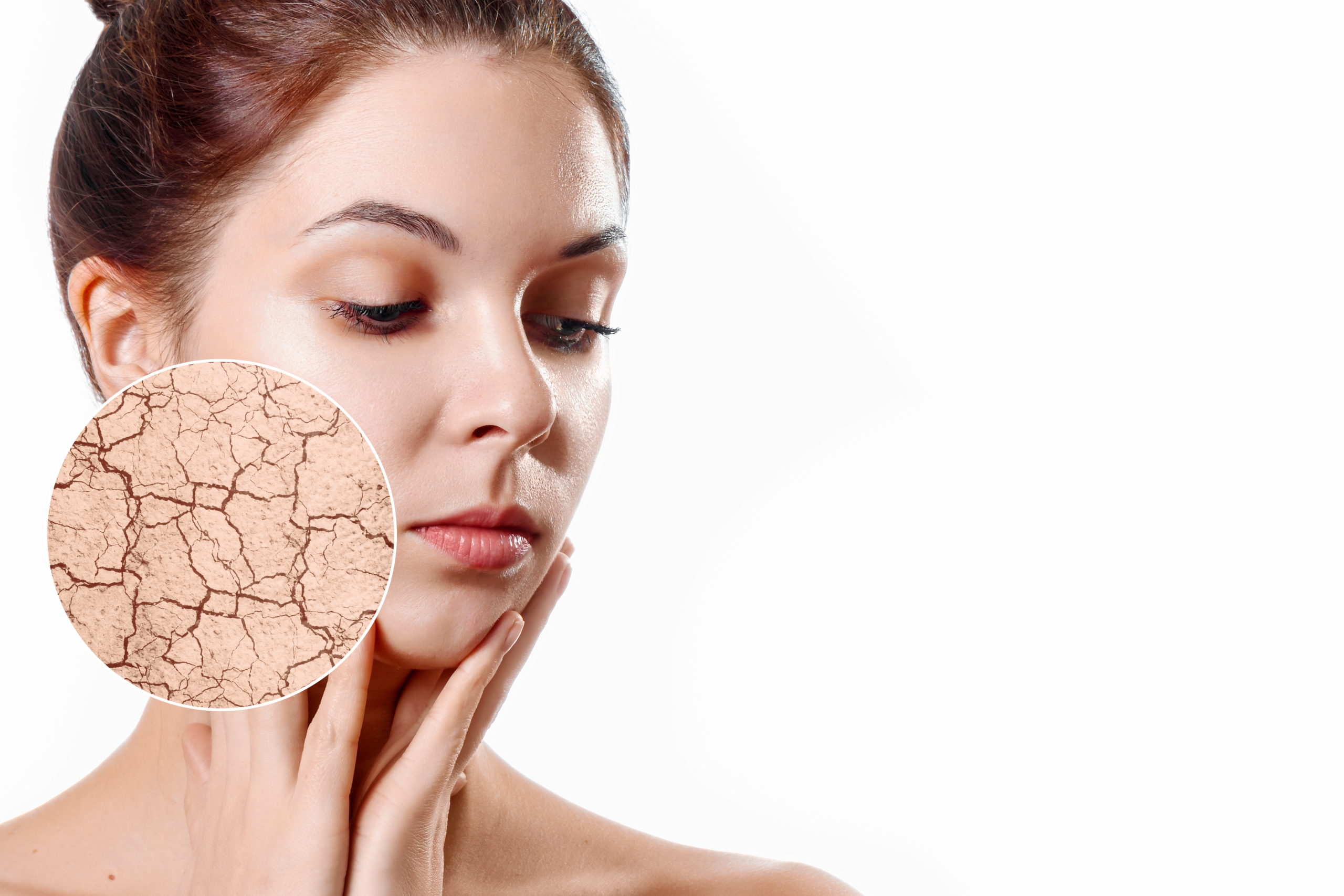
Stress can have an intense impact on skin health, as it can trigger or worsen various skin conditions through complex physiological mechanisms. When you experience stress, your body releases hormones like cortisol and adrenaline as part of the "fight or flight" response.
These hormones can affect the skin in several ways:
1.
Increased inflammation:
Cortisol, commonly known as the stress hormone, can promote inflammation in the body. Elevated levels of cortisol can stimulate the release of inflammatory substances in the skin, leading to flare-ups of conditions like acne, eczema, or psoriasis.
2.
Imbalance in oil production:
Stress can also disrupt the balance of hormones involved in regulating oil production in the skin. This imbalance can result in increased sebum (oil) production, which can clog pores and contribute to the development of acne or exacerbate existing acne lesions.
3.
Impaired skin barrier function:
Chronic stress can compromise the skin's barrier function, making it more vulnerable to irritants, allergens, and microbial pathogens. This can lead to increased sensitivity, dryness, or irritation of the skin, making conditions like eczema or contact dermatitis worse.
4.
Delayed wound healing:
Prolonged stress can impair the body's ability to repair and regenerate skin tissue, leading to delayed wound healing and increased susceptibility to infections or complications from skin injuries or surgeries.
5.
Triggering autoimmune responses:
Stress has been linked to the onset of autoimmune skin conditions like psoriasis, lupus, or dermatomyositis. Chronic stress can dysregulate the immune system, leading to inappropriate immune responses that target healthy skin cells.

Managing stress is an important aspect of maintaining skin health and preventing flare-ups of skin conditions.
Strategies for stress management may include relaxation techniques (such as deep breathing, meditation, or yoga), regular exercise, adequate sleep, social support, and seeking professional help from therapists or counselors when needed.
By reducing stress levels and promoting overall well-being, you can support your skin's natural ability to heal and maintain a healthy appearance.
Here’s where EFT Tapping can help you massively!
“The best foundation you can wear is healthy, glowing skin."
DEBBIE HARRY
Can Emotional Freedom Technique help in healing and curing skin-related issues?
Yes, the Emotional Freedom Technique (EFT) or EFT Tapping offers a holistic approach to managing skin problems by addressing underlying emotional stressors and promoting overall well-being.
By reducing stress levels, addressing emotional triggers, promoting self-awareness, and supporting holistic healing, EFT Tapping can complement traditional medical treatments and skincare routines.
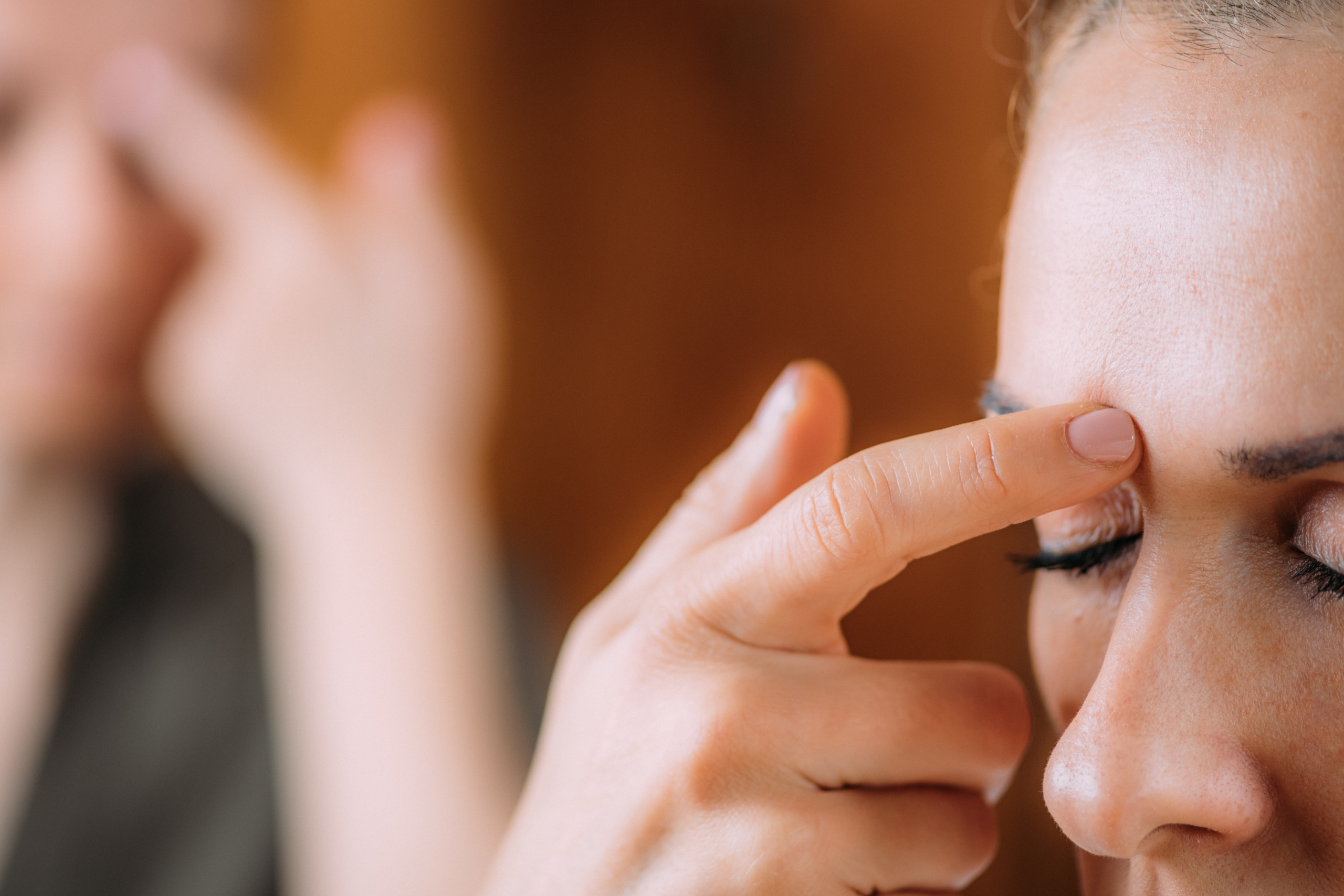
While it may not directly cure skin problems, its potential to boost self-esteem, confidence, and resilience can positively impact how individuals perceive and manage their skin issues. When integrated into a comprehensive treatment plan tailored to individual needs, EFT Tapping can be a valuable tool in promoting skin health and enhancing overall quality of life.
Some studies have shown potential benefits for stress reduction and anxiety management, which could indirectly impact skin conditions influenced by these factors like eczema or psoriasis. it can be an effective alternative approach for managing skin disorders and associated self-esteem issues. However, these studies don't directly address the skin condition itself.
University students and stress relief with EFT Tapping (1):
- Imagine feeling nearly 40% less stressed! That's what researchers observed in a study where 56 university students, struggling with stress, were randomly assigned to either EFT or sham tapping (tapping on non-acupressure points).
- The EFT group reported a significant 39.3% reduction in stress symptoms, compared to just 8.1% in the sham tapping group. However, this study has limitations:
- The stress questionnaire wasn't fully validated.
- One researcher led both groups, potentially influencing results.
Strong evidence for EFT Tapping effectiveness:
- A massive study of 5,000 patients seeking anxiety treatment compared acupoint tapping (EFT) with traditional cognitive-behavioural therapy (CBT). Remarkably, 90% of the EFT group saw improvement compared to 63% in CBT.
- EFT achieved significant anxiety reduction with only 3 sessions, while CBT averaged 15 sessions. Additionally, complete symptom relief was seen in 76% of the EFT group versus 51% in CBT. Improvements were even maintained a year later.
- Similar studies have shown EFT to be equivalent or even superior to CBT in addressing anxiety.
- In another study, healthcare workers using self-applied EFT for various issues (anxiety, depression, pain, cravings) saw significant symptom reduction after just 2 hours, with gains lasting at follow-up.
- A comprehensive analysis of 14 trials confirmed EFT effectiveness, showing a large treatment effect compared to controls.
Additional supporting research:
- A university student study found the EFT group felt happier, more hopeful, and less stressed compared to a mindful breathing control group.
- Another study with students showed a significant reduction in stress symptoms (39.3%) for the EFT group compared to sham-tapping controls (8.1%).
- A study involving teachers considered the best "dismantling" study so far, demonstrated EFT's superiority to sham tapping in reducing burnout risk.
Self-esteem amongst nurses increased with EFT Tapping (2):
Another study aimed to assess the impact of EFT on nurses' self-esteem through a quasi-experimental pre-post test design involving 115 participants. Results revealed a significant improvement in self-esteem post-intervention (p-value=0.000), indicating the efficacy of EFT in boosting nurses' confidence and self-worth. EFT, employing tapping on specific body points along with affirmations, offered a safe and effective approach to address emotional distress and promoted self-esteem among nurses.
Steps to tackle skin-related problems with EFT Tapping Technique
The sample procedure to overcome skin condition is as follows:
Step 1:
Use EFT Tapping on what it feels like to battle skin disorders.
This step involves exploring the physical sensations in the body associated with skin conditions and using the physical tension-tapping process to reduce those sensations.
1.
Identify the surface symptoms:
Bring into your awareness a time when you felt the symptoms of a skin condition. Explore the physical sensations in the body associated with these skin issues and connect with the surface emotions. The surface symptoms could be:
A. Physical:
Pain, itchiness, burning or dryness.
B. Mental:
1. "I am so scared it will never go away!"
2. "I can't get out like this! Will this ever go away?"
C. Emotional:
1. Hesitation, anger, fear, or inferiority complex.
2. Deeper emotions such as isolation, despair, hopelessness, or feelings of worthlessness
Once you have figured out your core surface symptom, ask yourself these questions:
- What triggered your condition the most?
- On which part of the body did you experience the pain or uneasiness triggered by your skin condition?
- What is the colour, texture, size, and shape of the pain or unease triggered by skin problems?
- What are the sensations like? For example, rough or smooth.
2.
Measure the level of skin distress on a scale of 1-10 by asking:
"What number is your skin condition at, where 10 is really high and 1 is not high at all."
Just go with whatever number comes up spontaneously, without thinking too much about it.
3.
Begin by tapping on the karate chop or side of the hand EFT Tapping points:
Tap on the Karate Chop using the setup statement, for example:
“Even though I have this skin issue and I feel uncomfortable in my skin, I deeply and completely love and accept myself.”
“Even though I’m struggling with ________ (skin issue) and it makes me feel __________, I love and accept myself deeply and completely.”
Repeat this three times.
4.
Tap on the upper body EFT Tapping points using these phrases:
- Eyebrow: This ..... (incident/event/memory name)
- Side of the eye: Number ..... (emotional intensity of your incident/event/memory)
- Under the eye:
So ..... (feeling or sensation)
- Under the nose: Makes me feel so ..... (feeling or sensation)
- Chin: This ..... (incident/event/memory name)
- Collarbone: It makes me feel so ..... (feeling or sensation)
- Under the arm: I just feel so ..... (feeling or sensation)
- Thumb: In the ..... (location)
- Index finger: This ..... (incident/event/memory name)
- Middle finger: So ..... (feeling or sensation)
5.
Close the sequence by coming back to the EFT karate chop tapping points and repeat the setup statement:
"Even though I’m struggling with ________ (skin issue) and it makes me feel __________, I love and accept myself deeply and completely.”
6.
Relax:
Take a gentle breath in, then let it out and take a sip of water.
7.
Test:
At the end of the EFT Tapping, you can ask yourself the following questions:
- What number is the pain or uneasiness at?
- What happens when you think of your skin condition now?
- How does that memory you discovered make you feel?
If it has reduced to a level that you feel happy with, you can stop. Otherwise, you can repeat this process by going back to Step 1.
Step 2:
Argumentative Tapping
Use argument tapping to clean up any limiting beliefs associated with your skin problems. These can even be a result of unconscious thoughts that are preventing you from growing.
For example,
From "Yes, I am a failure" to "No, I am not a failure."
From "Is this ever going to get better?" to "I will definitely become better because I deserve better.”
Follow the tapping sequence after this.
Step 3:
Close each Session with positive tapping:
Close the session with positive tapping focusing on releasing the negative emotions and promoting healing energy for your skin. You can also incorporate positive affirmations such as:
“Even though I’m struggling with ________ (skin issue) and it makes feel __________, suppose somehow my skin heals and becomes radiant again. I love and accept myself deeply and completely.”
- “My skin is healing with each tap.
- “I am deserving of clear, healthy skin.”
- “I release any stress or tension affecting my skin.”
- “My skin is becoming more balanced and radiant every day.”
- "I am comfortable and at ease in my skin."
Step 4:
Imagine the Future
A certified practitioner will get you to imagine stepping into the future and notice how things are different when your skin condition is under control.
These differences in the present situation and future situation will push you to overcome your fears and hesitations. It will let you live your life with a heart full of love and acceptance.
It is always better to reach out to a certified Practitioner to tackle your autoimmune condition like skin disorders. They can support you with the techniques to effectively help you eliminate the past root cause, clean up remaining conflict with past traumas, and install new beliefs.
CONCLUSION
Your skin is a canvas of stories and emotions and deserves to shine with health and confidence. While conventional medicine plays a crucial role, addressing the underlying emotional root causes can be transformative. That's where EFT Tapping comes in, offering a holistic approach to unlock your skin's innate glow.
Remember, healing is a journey, not a destination. Be patient with yourself and explore the possibilities EFT Tapping offers. Start by tapping into your emotions, releasing stress, and building self-acceptance. Embrace the process, and witness the positive changes unfold in your skin and your overall well-being.
Love,
Dr Rangana Rupavi Choudhuri (PhD)
P.S. Want to discover if EFT is right for you? Book a Complimentary Discovery call.
In summary, Emotional Freedom Techniques (EFT) Tapping can be a transformative tool in managing skin problems. The blog highlights the significance of skin as a reflection of both physical health and emotional well-being. It discussed common and rare skin problems, their causes, symptoms, and impacts on psychosocial well-being. The role that stress plays in skin conditions is emphasised, underscoring the importance of holistic approaches like EFT Tapping.
References:

Learn Emotional Freedom Techniques for self healing or to become professionally qualified - More
Our other seminars:
For the full calendar of events.
Other articles you may be interested in:


